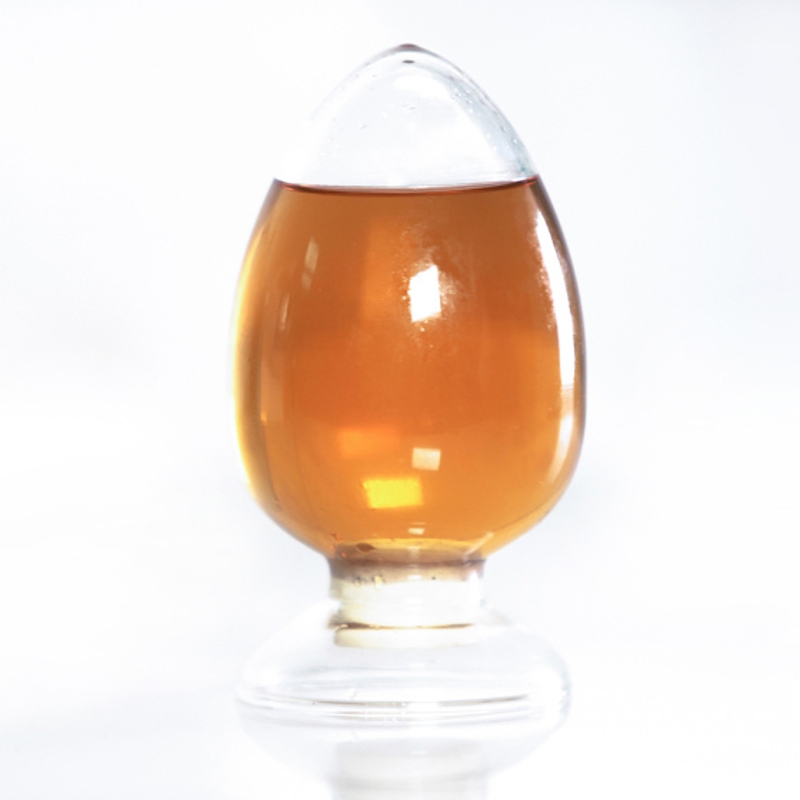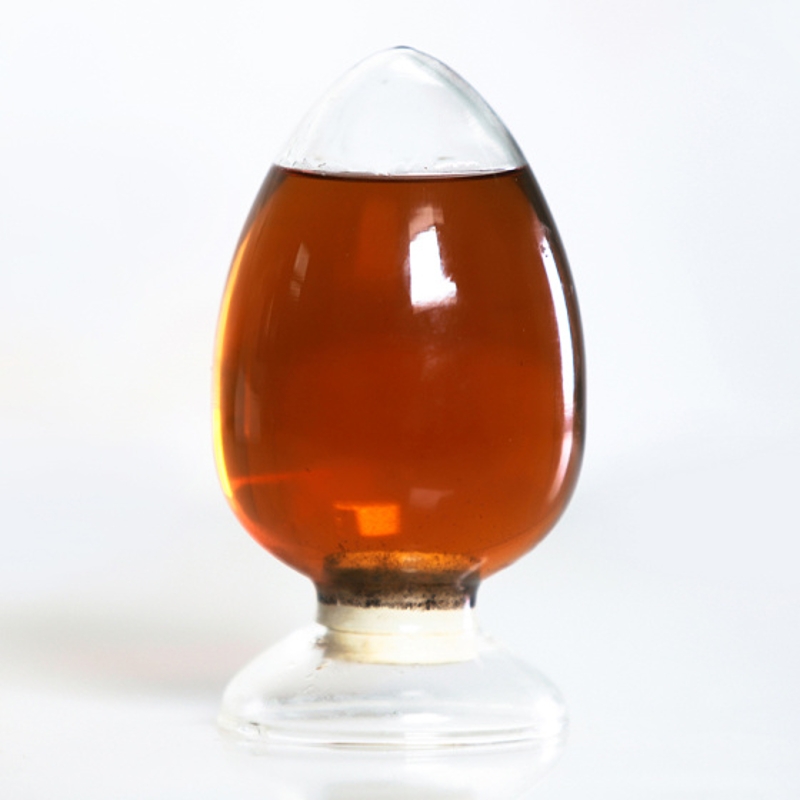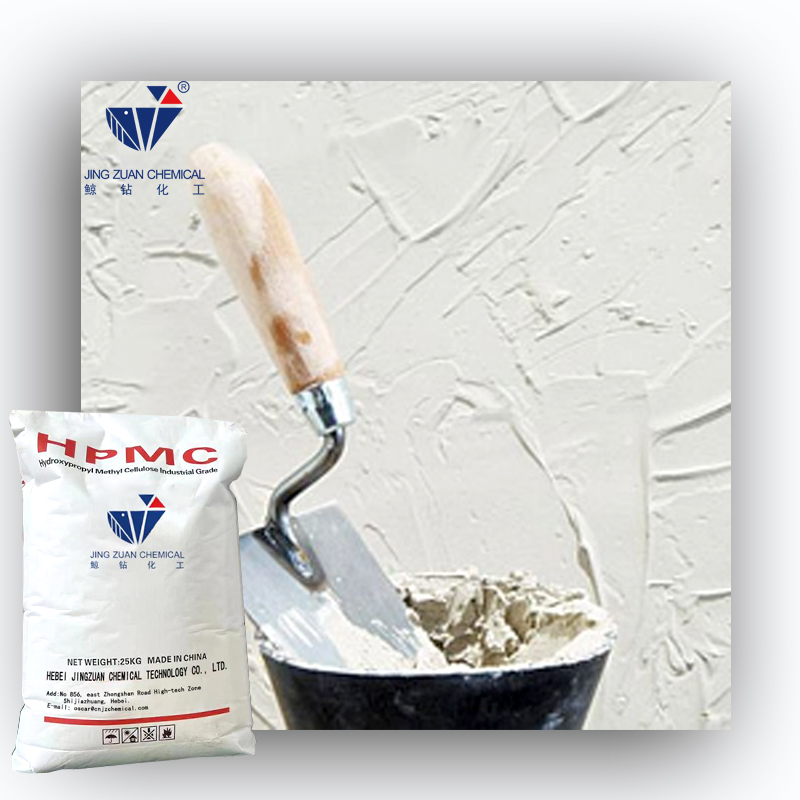-
Categories
-
Pharmaceutical Intermediates
-
Active Pharmaceutical Ingredients
-
Food Additives
- Industrial Coatings
- Agrochemicals
- Dyes and Pigments
- Surfactant
- Flavors and Fragrances
- Chemical Reagents
- Catalyst and Auxiliary
- Natural Products
- Inorganic Chemistry
-
Organic Chemistry
-
Biochemical Engineering
- Analytical Chemistry
- Cosmetic Ingredient
-
Pharmaceutical Intermediates
Promotion
ECHEMI Mall
Wholesale
Weekly Price
Exhibition
News
-
Trade Service
A few days ago, Tesla has submitted the latest patent
related to metal-air batteries.
According to the application, the patent focuses on "a metallic air used for charging that maintains the highest rate of ambient oxygen concentration below a preset concentration, thereby minimizing the risk of oxygen generation during the
charging cycle.
" ”
Previously, Tesla had hinted at the use of metal-air battery technology, which could be used to extend the range
of electric vehicles.
Tesla's "extended-range hybrid battery pack system" consists of a standard lithium-ion battery pack, controller and conventional electric motor, in addition to a metal-air chemistry battery pack
.
The lithium-ion battery pack directly supplies power to the vehicle, and the metal-air battery pack provides electric energy
for the lithium-ion battery pack.
In Tesla's patented design, metal-air battery packs essentially replace extended-range internal combustion engines
.
Metal-air batteries have a high energy density and can store more electric energy, which can theoretically play a role in range extension, but its power density is relatively low
.
Tesla's patent applications for metal-air batteries date back to 2010, but so far we haven't seen Tesla use the technology
in its products.
That could change
if Tesla can solve the charging problems associated with the new technology.
People may be unfamiliar with metal-air batteries, they do not play a popular role in the field of new energy vehicles like lithium-ion batteries, but metal-air batteries do have great potential, once commercialized, enough to surprise four
.
As early as 2014, Alcoa Canada and Israeli company Phinergy showed the public in Montreal the aluminum-air battery technology with super endurance, this metal battery has a range of up to 3,000 kilometers - what is the concept of 3,000 kilometers? From Beijing to Hainan, all the way south, no need to charge!
Metallic air is lighter and more energy dense, but all new technologies take time to develop and improve
.
Theoretically, metallic air is extremely valuable
.
In the real world, there are still some problems
that need to be solved.
Hopefully, in a few years, Tesla (or other automaker/battery maker) will bring Metal Air to market, when it will be a major change
in electric vehicle batteries.
A few days ago, Tesla has submitted the latest patent
related to metal-air batteries.
According to the application, the patent focuses on "a metallic air used for charging that maintains the highest rate of ambient oxygen concentration below a preset concentration, thereby minimizing the risk of oxygen generation during the
charging cycle.
" ”
Previously, Tesla had hinted at the use of metal-air battery technology, which could be used to extend the range
of electric vehicles.
Tesla's "extended-range hybrid battery pack system" consists of a standard lithium-ion battery pack, controller and conventional electric motor, in addition to a metal-air chemistry battery pack
.
The lithium-ion battery pack directly supplies power to the vehicle, and the metal-air battery pack provides electric energy
for the lithium-ion battery pack.
In Tesla's patented design, metal-air battery packs essentially replace extended-range internal combustion engines
.
Metal-air batteries have a high energy density and can store more electric energy, which can theoretically play a role in range extension, but its power density is relatively low
.
Tesla's patent applications for metal-air batteries date back to 2010, but so far we haven't seen Tesla use the technology
in its products.
That could change
if Tesla can solve the charging problems associated with the new technology.
People may be unfamiliar with metal-air batteries, they do not play a popular role in the field of new energy vehicles like lithium-ion batteries, but metal-air batteries do have great potential, once commercialized, enough to surprise four
.
As early as 2014, Alcoa Canada and Israeli company Phinergy showed the public in Montreal the aluminum-air battery technology with super endurance, this metal battery has a range of up to 3,000 kilometers - what is the concept of 3,000 kilometers? From Beijing to Hainan, all the way south, no need to charge!
Metallic air is lighter and more energy dense, but all new technologies take time to develop and improve
.
Theoretically, metallic air is extremely valuable
.
In the real world, there are still some problems
that need to be solved.
Hopefully, in a few years, Tesla (or other automaker/battery maker) will bring Metal Air to market, when it will be a major change
in electric vehicle batteries.







